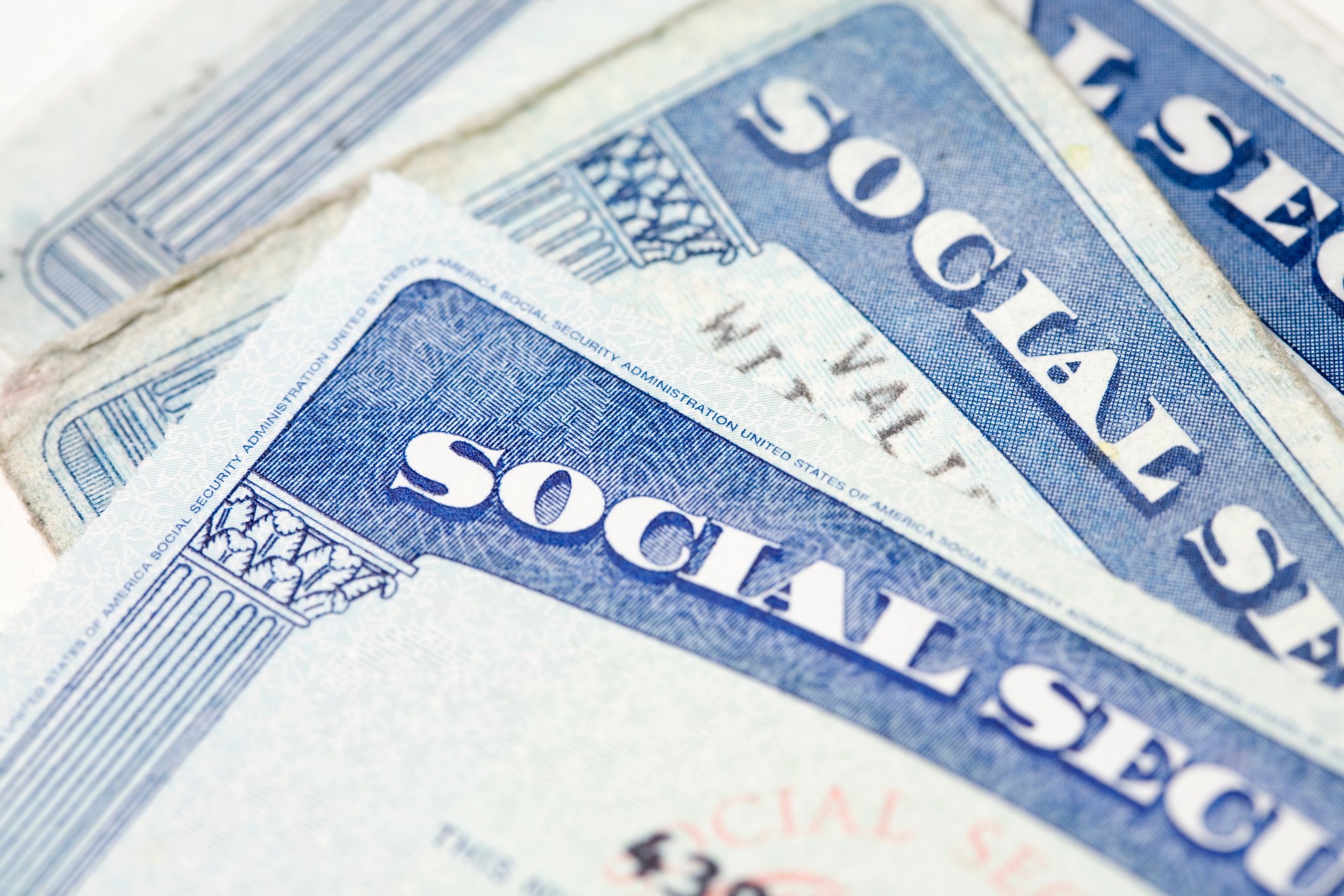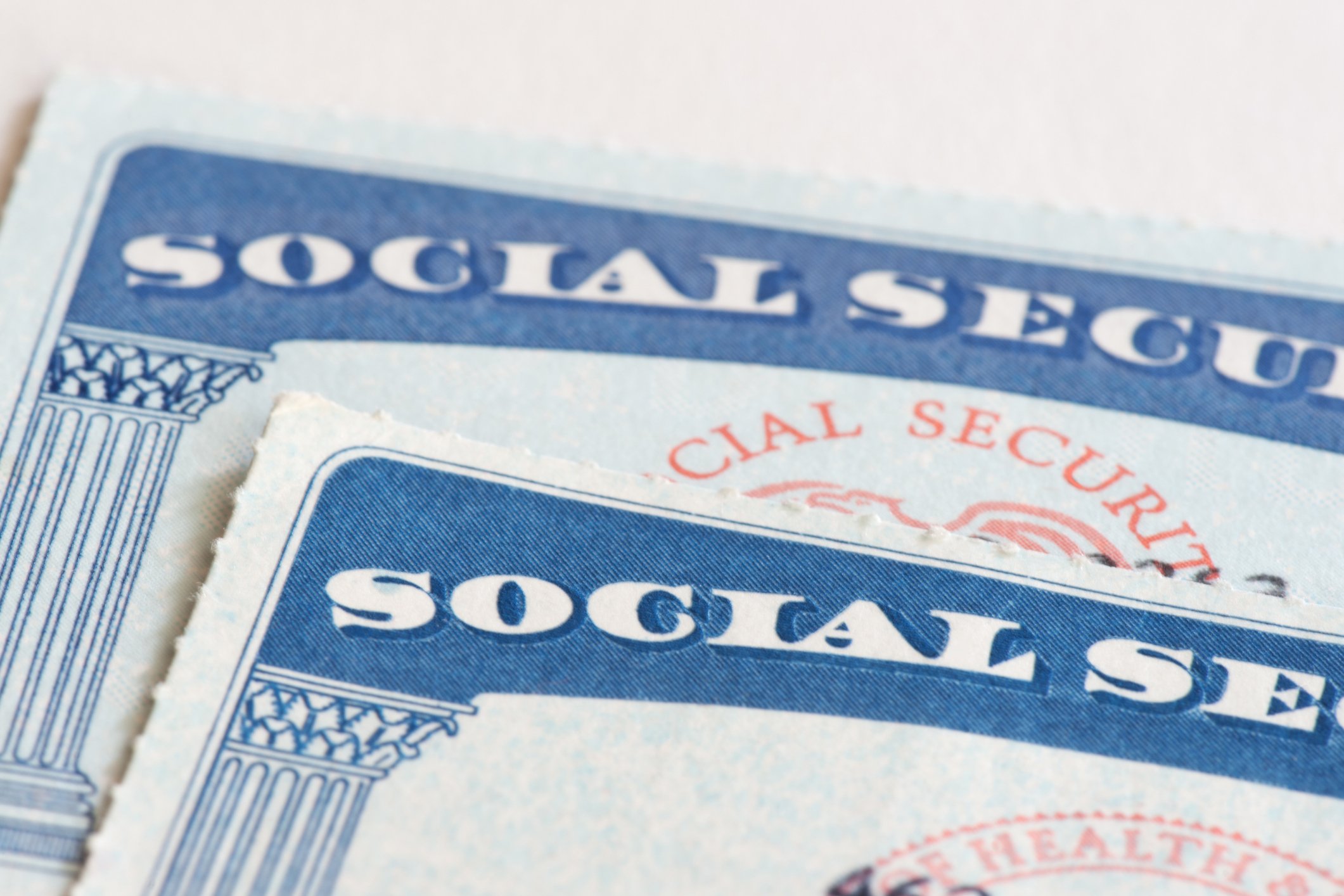Timing your Social Security benefits is one of the most important financial decisions in retirement. The best option for your household isn't always obvious, and different resources might provide contradictory advice. Regardless of your personal circumstances, it's worth considering the positive impact of taking Social Security income as early as possible.
The bird in hand is valuable
The best reason to take Social Security before age 70 is to turn on an important source of cash as early as possible. Liquid cash in your account today is valuable for a number of reasons, and many retirees can maximize their well-being by enjoying benefits early and often. Of course, the decision comes with meaningful trade-offs that need to be considered. Every retiree's circumstances are unique, so there's no universally "right" age to take Social Security.
It's important to consider the merits that earlier cash flow can provide to a financial plan, even if you ultimately decide to wait until age 70 to take Social Security.

Image source: Getty Images.
Some retirees don't have much choice
The labor force participation rate for people aged 65 to 74 is only 25%. That's not exactly shocking, but it shows that the vast majority of seniors don't have earned income during the early years of retirement. That figure becomes more poignant when you consider the relative importance of Social Security income for many households. Nearly 40% of seniors would fall below the poverty line without retirement benefits. Social Security provides at least half of household cash flow for roughly 40% of retirees, and it provides at least 90% of retirement income for one-in-seven retirees. These federal programs undeniably keep many people afloat during retirement.
In many cases, the timing of Social Security income is a matter of need. Some people don't have the luxury of delaying benefits, and they shouldn't be living in poverty for the sake of receiving larger payments down the road.
Weighing costs and benefits
Many households have other resources, such as pensions or a 401(k), that allow them to get by for a few years in retirement without support from Social Security. However, that doesn't necessarily mean that it's best to wait. There are pros and cons to any age for starting retirement benefits, and each person has to weigh those to make an informed decision.
The costs are clear for people who elect to start taking Social Security benefits earlier in retirement -- you sacrifice monthly income by starting that income before full retirement age (FRA). For most Americans, taking benefits prior to FRA can reduce benefits as much as 30%, while delaying income to age 70 (after FRA) could increase your benefits as much as 24%. There's a serious difference in monthly cash flow between people who file at age 62 and people who file at age 70 (the age at which benefits top out). It's tempting to conclude that it's smart to delay benefits as long as possible, but that's not necessarily true.
It can be nice to have extra cash in your pocket during the early years of retirement. These are typically the years in which retirees are most active and most likely to spend money on travel, dining out, or spending time with friends and family. Health and mobility can limit activity in later years, so some people want to get the most out of free time in their 60s.
Social Security income also removes stress on other cash-flow resources. You won't need to draw as heavily from a 401(k) or IRA if retirement benefits are covering basic needs. This can lead to a lower tax burden each year by reducing the distributions from qualified accounts with embedded tax liabilities. It can also keep you in compliance with the 4% rule in retirement, making it less likely that they'll outlive your savings.
It's also important to consider cumulative cash flows. Consider someone who is eligible for $1,700 each month at a FRA of 67. By starting payments at age 63, they would receive nearly $60,000 in cumulative benefits by age 67. They'd be nearly 76 years old before the bigger checks from wainting until FRA would surpass those cumulative payouts. Delaying benefits until age 70 would push that break-even point back by another one to two years. While delaying undeniably increases monthly income, it might not increase your lifetime benefits.
It's important to consider longevity and lifestyle preferences when selecting an age at which to start collecting Social Security. Many people can maximize their payouts while supplementing retirement by taking Social Security earlier.
Know your risks
Everyone's circumstances are different, so it's important to consider the merits of timing your Social Security benefits within the context of your own plan. If you have significant retirement savings, but you're concerned about healthcare costs in your later years, it might be smart to delay benefits and maximize your monthly check size at age 70. Conversely, it might limit your financial risk if an early start to Social Security helps you avoid retirement pitfalls such as high-interest debt, poor health and wellness decisions, reverse mortgages with adverse terms, overdrawing from retirement accounts, or undue stress at work.





